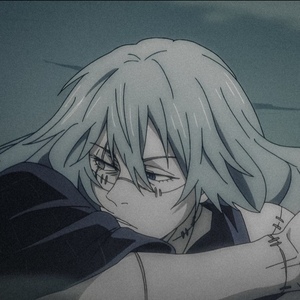30981104
The Essentials of Typography
Description
No tags specified
Resource summary
| Question | Answer |
| When choosing what type face to use in your designs, consider the following six factors: | Type size Line length Type style Leading Spacing Format |
| _____ refers to the space between characters, and you can adjust it optically to align your text properly | Kerning |
| What are the three main types of relationship in type? | Concordant Conflicting Contrasting |
| _____: This relationship results when using one type family without much variety in style, size, weight, and so on. It’s usually harmonious, and the arrangement appears quiet, formal, and occasionally even boring. A concordant design is most often used for books | Concordant |
| _____: This relationship occurs when similar (but not the same) typefaces are combined. The similarities of the visual attractions are disturbing and confuse the viewer | Conflicting |
| _____: This relationship occurs when separate and distinct typefaces and elements are combined to create visually appealing and exciting designs | Contrasting |
| _____: Based on the handlettering of scribes, these typefaces always have serifs. The serifs of lowercase letters are always at an angle and have a “thick/thin transitioning” curve where they meet the stem | Oldstyle |
| _____: These cold, elegant typefaces have serifs that are horizontal instead of slanted and are very thin. The structure is severe, with a radical thick/thin transition in the strokes | Modern |
| _____: These are thicker modern typefaces that are often used in children’s books because of their clean, straightforward look | Slab Serif |
| _____: These typefaces no longer have serifs on the end of the strokes, and the letterforms are the same thickness all the way around | Sans Serif |
| _____: These typefaces look as though they were written by hand and should be used sparingly | Script |
| _____: This category of fun, whimsical, distinctive typefaces also has limited use and is most effective when accenting a piece | Decorative |
| Size, weight, structure, form, direction, and color are all _____ | Type contrasts |
Want to create your own Flashcards for free with GoConqr? Learn more.

